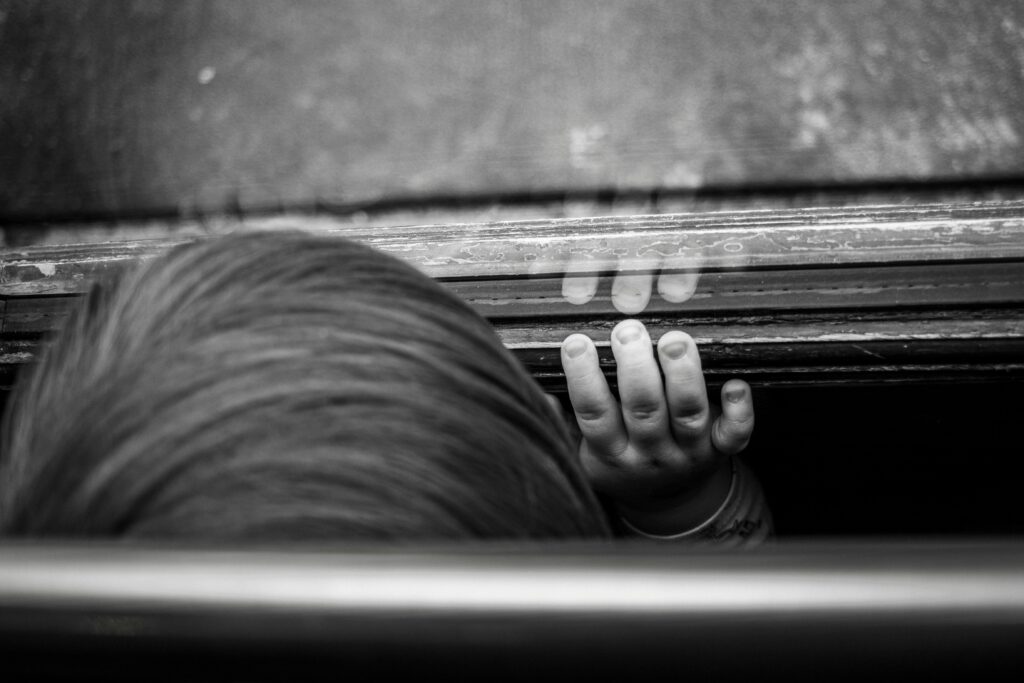Anxiety is one of the most common mental health disorders in children and teens and is on the rise.
All children experience anxiety, and is normal and expected during certain times in development. For example, toddlers may experience separation anxiety from parents, young children may have fear or anxiety of the dark or storms, and school aged children may worry about injury or death. Preteens and teens tend to experience anxiety about school performance, friendships, and body changes.
Anxiety goes from being “normal” to being an anxiety disorder when it doesn’t go away or gets more severe over time. If your child’s anxiety is debilitating and severe enough that it disrupts their day-to-day life, they may have an anxiety disorder.
How an Anxiety Disorder Can Affect Your Child or Teen
Anxiety can manifest in various ways and can have a profound impact on a child’s social life, emotional well being, and academic performance. It can be challenging to recognize anxiety in children, as they may not have the words to express their feelings.
If left untreated, anxiety can lead to other significant mental health problems, such as depression, substance abuse, or self-harm.
Some common signs of an anxiety disorder in kids and teens include:
- Excessive worry or fear about everyday situations, such as school or social events
- Difficulty sleeping or staying asleep
- Difficulty concentrating
- Avoidance of certain situations or activities
- Physical symptoms such as headaches, stomachaches, or fatigue
- Irritability or mood swings
- Panic attacks or intense fear in certain situations
Causes of Anxiety Disorders
Anxiety can have a range of causes, including genetic, environmental, and social factors. When you seek professional help for your child’s anxiety disorder, it is helpful if you can help identify the underlying causes of your child’s anxiety to determine the most effective treatment approach.
Some common causes of anxiety in children include:
- Family history of anxiety or mental health disorders
- Traumatic events such as abuse, neglect, or natural disasters
- A scary experience, such as a death in the family or serious injury
- Chronic medical conditions, illnesses, or medical trauma
- Environmental factors such as poverty, violence, or social isolation
- Pressure to perform academically or socially
When To Seek Professional Help
Contact your provider at Pediatrics West by calling (720) 284-3700 if your child has signs of an anxiety disorder. We can help identify if your child’s anxiety is normal for their stage of development or may need additional support. We may connect you with a mental health professional, such as a licensed professional counselor, psychologist, psychiatrist, or social worker.
Here are some strategies that may be recommended for your child’s treatment:
- Psychotherapy: A psychologist may use a variety of techniques and to help your child with their emotions and behaviors. Depending on your child’s age, psychotherapy could including playing, drawings, pretending, or talking their through problems and feelings.
- Cognitive-behavioral therapy (CBT): CBT is a type of psychotherapy that helps children identify and change negative thought patterns and behaviors that contribute to their anxiety.
- Lifestyle changes: Encouraging healthy habits such as regular exercise, healthy eating, and stress-reducing activities such as mindfulness or yoga can also help manage anxiety.
- Seek Resources: There are a wide range of apps and books that may also be useful. We love the Healthy Minds app, the Calm app, and the book What to Do When You Worry Too Much.
- Medication: In some cases, medication may be prescribed to help manage symptoms of anxiety.
The good news is that anxiety disorders are treatable, and with the right support and resources, children can learn to manage their anxiety and lead happier, healthier lives.


